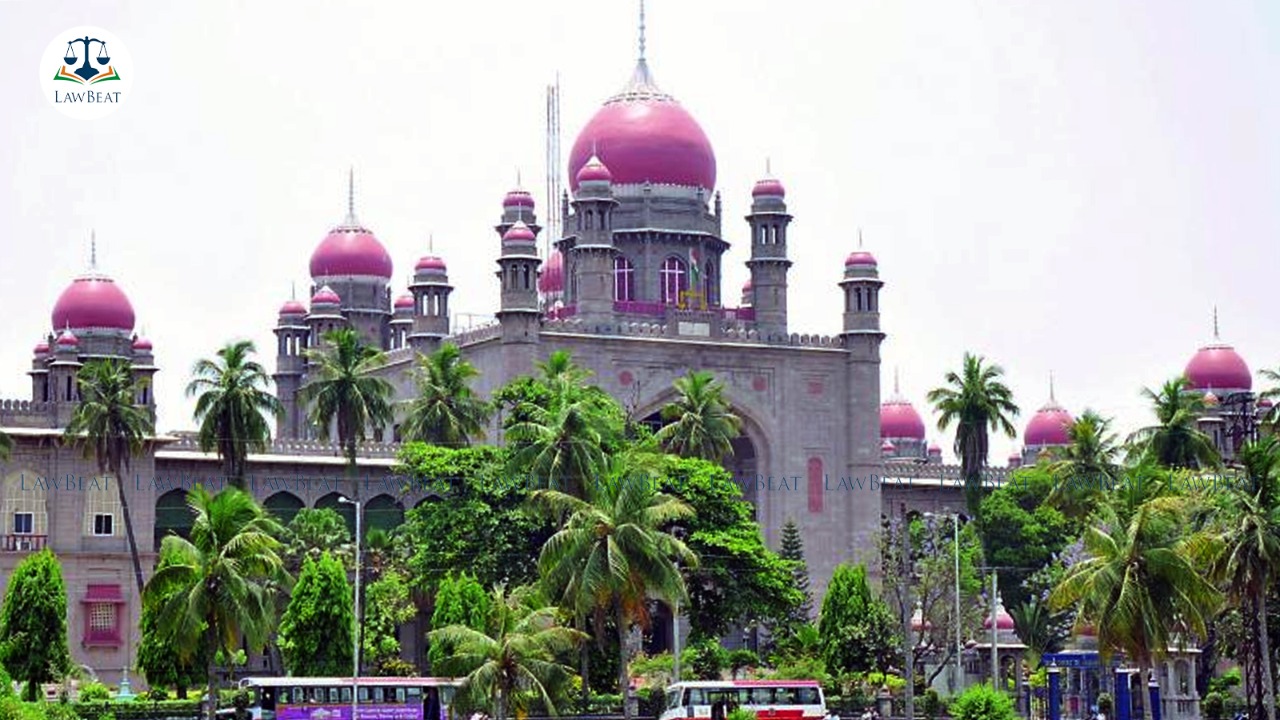Governor Must Follow Cabinet Advice: Telangana HC Nullifies Governor’s Rejection Order For MLC Appointments

Court's decision overturned the Governor's rejection of nominations for Bharat Rashtra Samithi (BRS) leaders Sravan Dasoju and K Satyanarayana and the subsequent nominations of M Kodandaram and Amer Ali Khan under the Governor's quota
The Telangana High Court, in a significant ruling, has nullified the decisions made by Governor Tamilisai Soundararajan regarding the nominations to the Telangana State Legislative Council, holding that “the Governor while exercising powers under Article 171(5) of the Constitution of India is bound by the aid and advice of the Council of Ministers and has no discretion".
The division bench, led by Chief Justice Alok Aradhe and Justice Anil Kumar Jukanti, invalidated both the impugned orders by Governor Soundararajan and the Gazette Notifications. The court's decision overturned the Governor's rejection of nominations for Bharat Rashtra Samithi (BRS) leaders Sravan Dasoju and K Satyanarayana and the subsequent nominations of M Kodandaram and Amer Ali Khan under the Governor's quota.
Notably, the legal framework established by the Andhra Pradesh Reorganisation Act, 2014, concerning the creation and composition of the Legislative Councils in the successor states, including Telangana. Specifically, Section 22 of the Act mandates the establishment of a Legislative Council for both Telangana and Andhra Pradesh, while Section 23 specifies that the Legislative Council for Telangana shall consist of 40 members. Out of these 40 seats, six are designated to be filled by the Governor, as outlined under Article 171(3) in conjunction with Articles 171(5) and (6) of the Constitution of India.
The petitioners argued, that “the satisfaction which is required to be recorded by the Governor is not personal satisfaction, but is satisfaction in the constitutional sense.” If the Governor exceeds constitutional limits (acts ultra vires), such actions are subject to judicial review. The Governor must typically act on the Council of Ministers' advice, with Article 361 not protecting actions beyond constitutional authority.
The state, representing the Governor, argued that “the Governor has applied her mind and is entitled to record the satisfaction under Article 171 of the Constitution of India with regard to the recommendations made by the Cabinet.” It was also contended that the nomination process is not meant to serve as an indirect means of appointing politicians, and no evidence of malafides can be inferred from press releases.
The court, taking into account the arguments of both parties, clarified that while the Governor is bound to follow the Cabinet's advice, she retains the authority to examine the eligibility or disqualification of the individuals recommended for the Legislative Council.
Further, the court noted, “The Governor is not answerable to the court due to Article 361 of the Constitution of India. No positive direction can be issued to the Governor. However, in these cases, this court hopes and trusts that suitable action in accordance with the Constitution's provisions will be taken,” indicating a respectful deference to the constitutional immunity granted to the Governor's office while emphasising the expectation of adherence to constitutional norms.
Referring to the principle derived from the Nabam Rebia v Deputy Speaker judgment, which specifies that a Governor's discretionary powers are limited, the court ruled that a Governor must act on the Council of Ministers' advice unless the Constitution expressly allows discretion or the interpretation of a provision permits it.
In conclusion, the court held that the nominations of the petitioners for the Legislative Council were not rejected due to any disqualification under Article 191, ineligibility under the Representation of People Act, 1951, or other reasons. The rejection was mainly because the nominations lacked detailed documentation and there was no disclosed methodology for the consideration process. Additionally, there were no intelligence or agency reports suggesting any disqualifications of the petitioners under the Representation of People Act, 1951, nor was there any documentation supporting the criteria fulfilment for nomination as required by Article 171(5) of the Constitution of India.
Despite these findings, the Governor rejected the petitioners' nominations without any substantial material justifying such rejections. In such a scenario, the Governor should have returned the matter to the Cabinet for further documentation or reconsideration, the court observed.
Hence, the orders dated September 19, 2023, the actions of the Council of Ministers dated January 13, 2024, and the subsequent Orders of the Governor and Gazette Notifications dated January 27, 2024, were deemed unsustainable by law and therefore, quashed.
Case Title: Dr. Dasoju Sravan Kumar vs.The Secretary to The Hon’ble Governor, State of Telangana and others
